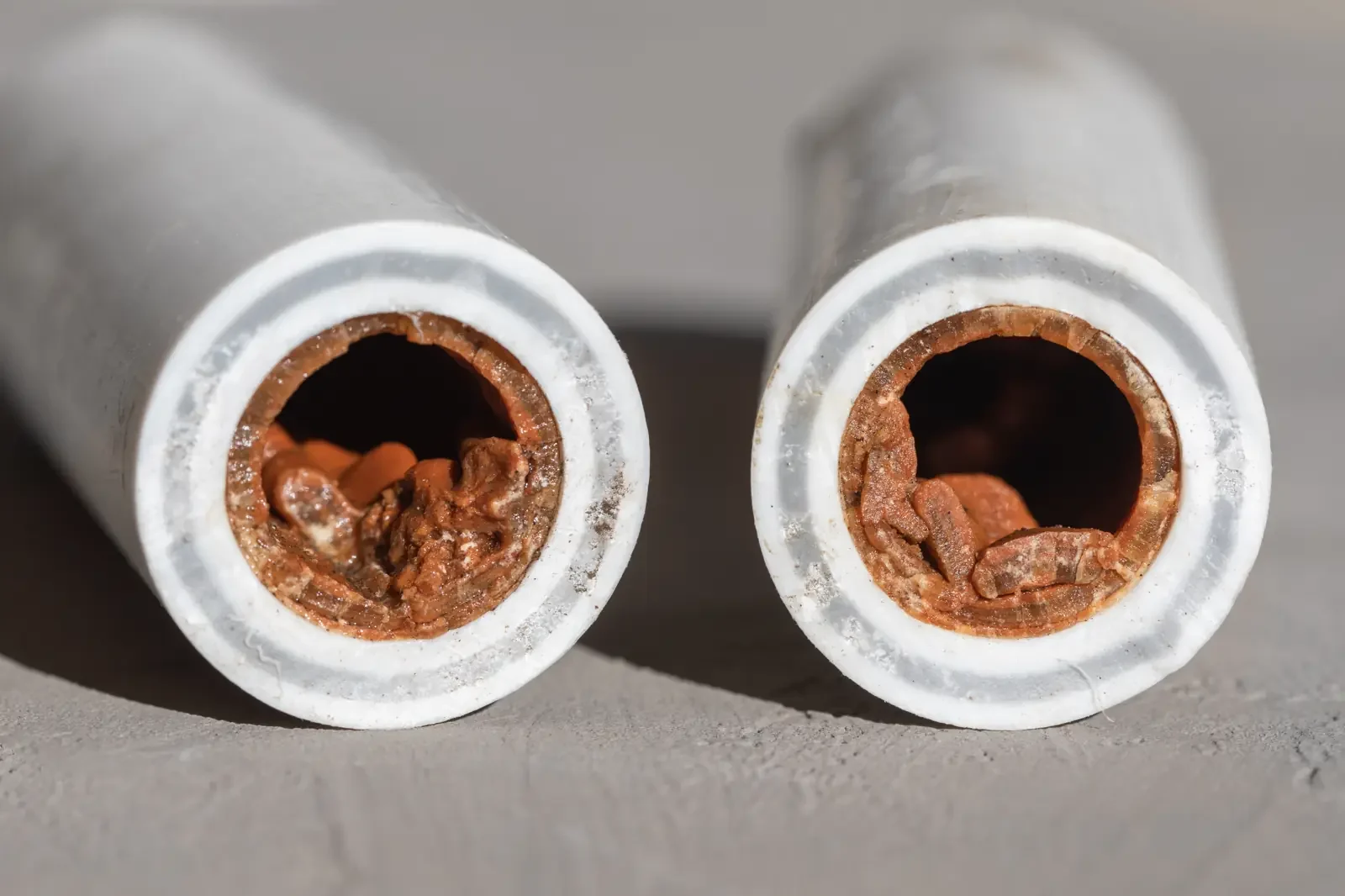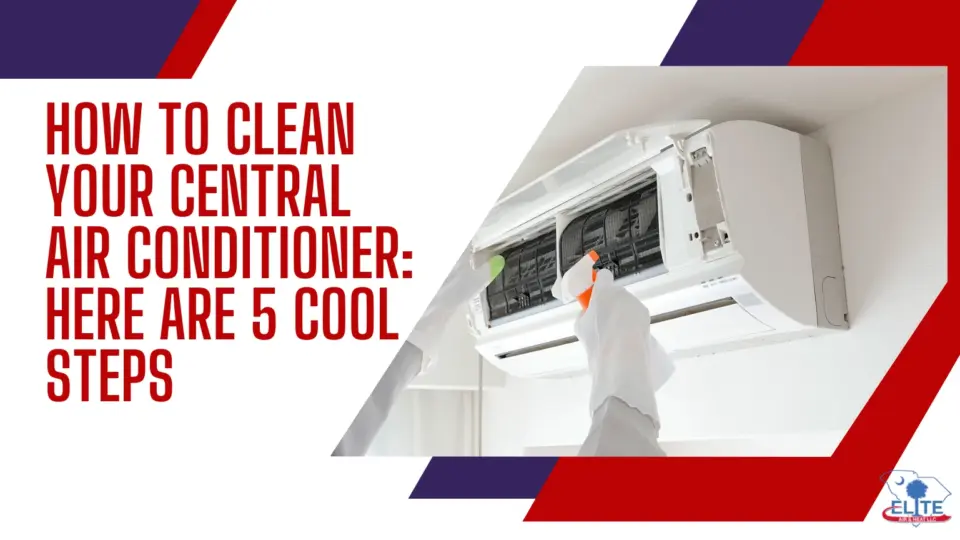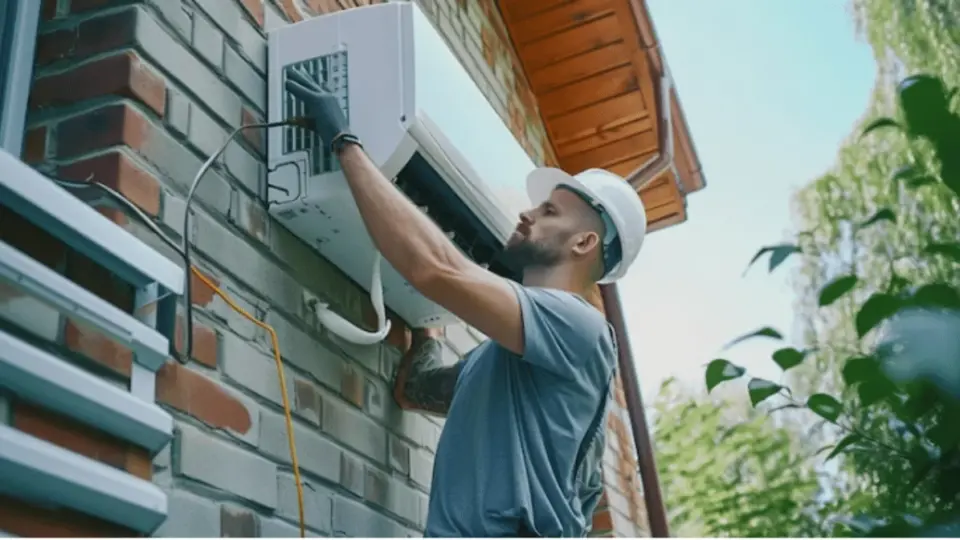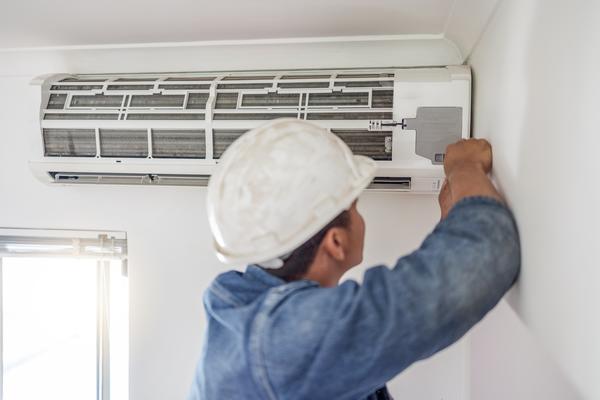If pipes could talk, they’d have quite the stories to tell. Imagine the whispers of water rushing through your walls, the creaks of aging joints, and the subtle signals they send long before disaster strikes. Plumbing systems may be hidden behind drywall and under floors, but they’re very much alive — reacting to pressure, corrosion, and wear in ways that could warn us if only we knew how to listen.
Understanding what your plumbing “says” is not just a quirky thought — it’s essential to protecting your home from costly water damage and ensuring your pipes last for decades. Let’s step into the secret life of pipes and learn how plumbing systems reveal hidden problems, interpret those odd noises, explain their corrosion habits, and how water pressure plays a starring role in their longevity.
How Do Plumbing Systems Reveal Hidden Problems Before Major Damage Occurs?
Pipes are more than just hollow tubes — they’re early warning systems for your home’s health. While leaks and bursts get the spotlight, many plumbing issues show subtle signs long before catastrophic damage happens. If you know what to watch for, you can catch problems early, saving money and stress.
Some of the ways plumbing systems reveal hidden problems include:
- Water Discoloration: If your tap water suddenly looks cloudy, rusty, or has a strange taste or odor, your pipes might be corroding or there could be sediment buildup.
- Reduced Water Pressure: A slow trickle or inconsistent pressure can indicate pipe blockages, leaks, or failing pressure regulators.
- Moisture or Mold Growth: Damp spots on walls or ceilings near plumbing usually point to slow leaks or condensation issues that can worsen if ignored.
- Visible Pipe Damage: Corrosion, cracks, or bulges in exposed pipes can signal a failing system on the brink of leaking or bursting.
- Unusual Sounds: Clanking, banging, or gurgling noises (which we’ll discuss more in the next section) often mean trapped air, water hammer, or faulty valves.
- Higher Water Bills: A sudden unexplained spike in water usage can be a silent sign of leaks hidden within walls or underground.
Listening to these subtle “messages” helps homeowners take proactive action — scheduling inspections, making repairs, or upgrading components before a major disaster occurs.
What Common Noises in Pipes Indicate About the Condition of Plumbing?
Ever heard a mysterious banging, whistling, or gurgling sound when you run water? Those noises aren’t just random plumbing quirks — they’re your pipes trying to communicate their condition. Here’s a quick guide to what common pipe noises might mean:
- Banging or Knocking (Water Hammer): This loud banging noise usually happens when water flow suddenly stops or changes direction, causing a shockwave through the pipes. It can loosen joints or damage fittings over time.
- Whistling or Squealing: Often caused by high water pressure or partially closed valves, this noise signals strain on your pipes and fixtures. Left unchecked, it can lead to leaks or premature wear.
- Gurgling Sounds: A telltale sign of drainage issues or venting problems, gurgling means water isn’t flowing smoothly and could indicate blockages or air trapped in the system.
- Rattling or Vibrating: Loose pipes, worn-out hangers, or water pressure spikes can cause this vibration, signaling the need for pipe securing or pressure adjustments.
- Hissing: A soft hissing sound might indicate small leaks or cracks, especially around joints or faucets.
Recognizing these noises early can help you avoid bigger problems. If your plumbing sounds like a haunted house, it’s time to call in a professional to diagnose and fix the issue before it gets worse.
Why Do Some Pipes Corrode Faster Than Others in a Home Plumbing System?
Corrosion is the slow, sneaky enemy of plumbing pipes. While all pipes age over time, some seem to deteriorate faster, leaving homeowners puzzled about why their plumbing system shows uneven wear. The truth lies in a mix of materials, water chemistry, installation quality, and environmental factors.
Key reasons some pipes corrode faster include:
- Material Type: Different pipe materials have varying resistance to corrosion. For example:
- Galvanized Steel: Prone to rust over time, especially when exposed to oxygen and water.
- Copper: Generally corrosion-resistant but can develop pinhole leaks in certain water chemistries.
- PVC and PEX: These plastic pipes resist corrosion but can be damaged by UV light or physical stress.
- Galvanized Steel: Prone to rust over time, especially when exposed to oxygen and water.
- Water Chemistry: The pH level, mineral content, and presence of dissolved oxygen or chlorides in water impact corrosion rates. Acidic or highly mineralized water accelerates pipe decay.
- Electrochemical Reactions: When different metals are connected (like copper pipes connected to galvanized steel), galvanic corrosion can occur, speeding deterioration at the joints.
- Installation Practices: Poor soldering, incorrect pipe fittings, or exposure to soil chemicals can promote corrosion hotspots.
- Environmental Exposure: Pipes buried underground or in damp, poorly ventilated spaces face more aggressive corrosion risks.
Understanding these factors helps plumbers recommend the best materials and protective measures tailored to your home’s unique conditions — extending pipe life and reducing leaks.
How Does Water Pressure Affect The Longevity of Plumbing Pipes?
Water pressure isn’t just about how strong your shower spray feels — it has a huge impact on the health and longevity of your plumbing system. Too high or too low pressure can lead to plumbing problems, and over time, excessive pressure can significantly shorten pipe life.
Here’s how water pressure influences your pipes:
- High Water Pressure:
- Puts extra stress on pipes, joints, and fixtures.
- Can cause leaks, pipe bursts, or damaged seals.
- Increases wear and tear on appliances like water heaters and dishwashers.
- Leads to noisy pipes and water hammer effects.
- Puts extra stress on pipes, joints, and fixtures.
- Low Water Pressure:
- Might signal blockages or leaks but can also cause improper flushing and drainage.
- Causes appliances to work harder, potentially reducing their lifespan.
- Might signal blockages or leaks but can also cause improper flushing and drainage.
Maintaining optimal water pressure (usually between 40 and 60 psi for residential homes) is key. Pressure regulators or reducing valves can control excessive pressure, while leaks or clogged pipes need attention to restore proper flow.
Regular pressure testing and monitoring help detect problems early, ensuring your plumbing pipes stay healthy and your water system operates smoothly.
Pipes Have a Story — Are You Listening?
Your plumbing system is a living network quietly supporting your home every day. It reacts to water chemistry, pressure changes, wear, and even your daily habits. While it can’t literally speak, pipes “talk” in noises, discolorations, leaks, and performance shifts that are crucial signals.
By tuning in to these clues, you can catch plumbing problems before they become emergencies — saving money, stress, and damage. Whether it’s unusual sounds, strange water color, or fluctuations in pressure, listening to your pipes is an essential part of home maintenance.
Trust Elite Air & Heat LLC to Hear What Your Pipes are Saying
At Elite Air & Heat LLC, we understand the secret language of plumbing. Our expert team knows how to interpret those subtle signs and translate them into effective solutions — whether it’s diagnosing mysterious noises, assessing corrosion risks, or regulating water pressure for optimal performance.
We offer:
- Comprehensive Plumbing Inspections: Detect issues before they escalate with our thorough system assessments.
- Precision Repairs and Upgrades: From fixing leaks to installing pressure regulators, we tailor solutions that fit your home’s needs.
- Preventive Maintenance Plans: Keep your plumbing healthy year-round with scheduled check-ups and tune-ups.
- Emergency Plumbing Services: When your pipes sound the alarm, we’re ready 24/7 to respond fast and fix it right.
Don’t wait for your pipes to flood the place or whisper warnings too late. Contact Elite Air & Heat LLC today — because your plumbing system’s secret life deserves expert care and attention that listens.




